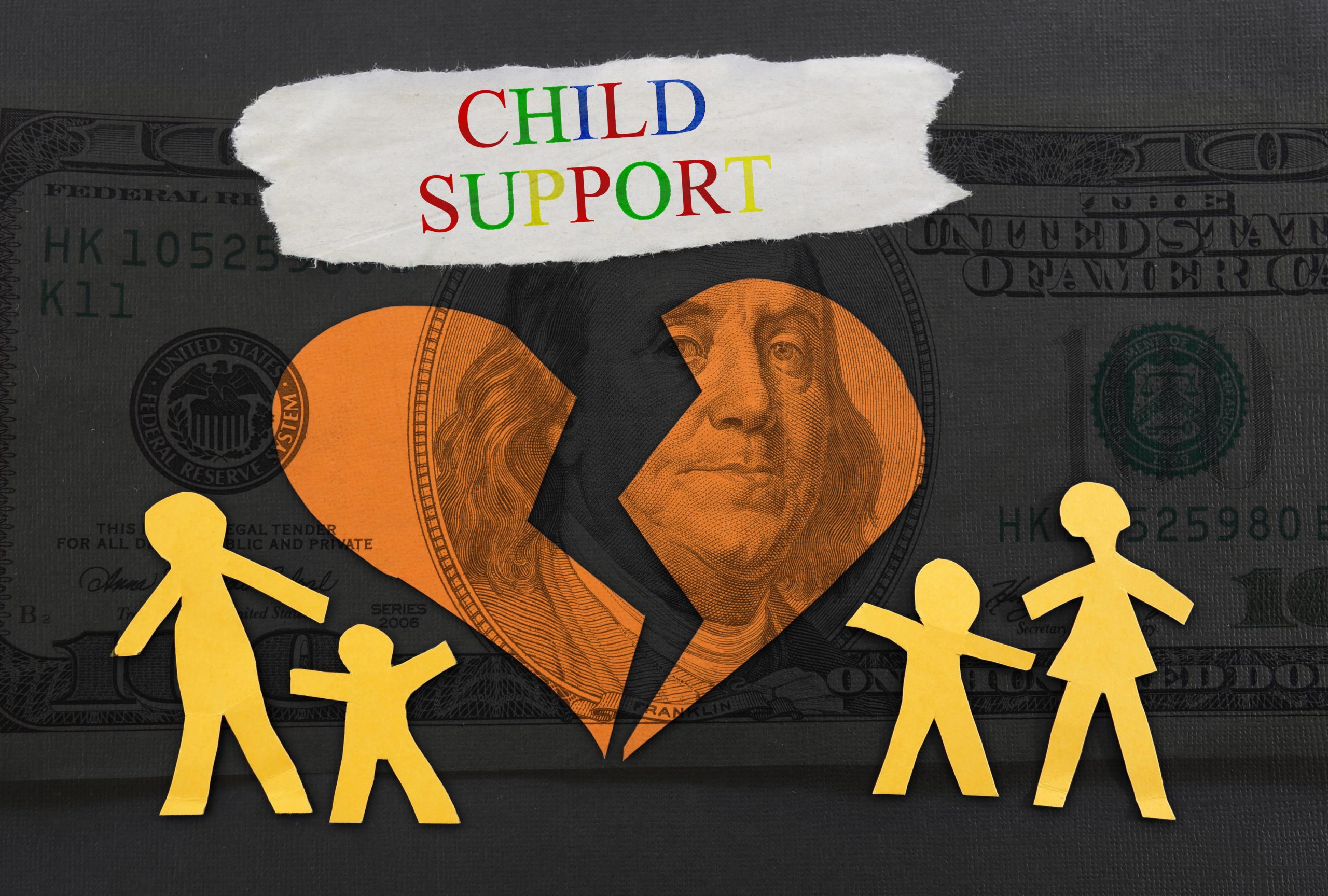The Basic Timeline of a Divorce Case and FAQ
 Divorce is typically one of the most difficult experiences of a person’s life. It is natural to feel a mix of frustration and confusion as one accepts the reality of an impending divorce. It is also natural to have many questions about the legal process of divorce. At Bickford, Blado & Botros, our San Diego divorce attorneys understand how challenging divorce can be and want to provide as much clarity about the process as we possibly can. It’s essential to know how a typical divorce case unfolds, the differences between mediation and litigation, and the common problems divorcing individuals face through their proceedings.
Divorce is typically one of the most difficult experiences of a person’s life. It is natural to feel a mix of frustration and confusion as one accepts the reality of an impending divorce. It is also natural to have many questions about the legal process of divorce. At Bickford, Blado & Botros, our San Diego divorce attorneys understand how challenging divorce can be and want to provide as much clarity about the process as we possibly can. It’s essential to know how a typical divorce case unfolds, the differences between mediation and litigation, and the common problems divorcing individuals face through their proceedings.
Continue reading
 San Diego Divorce Attorneys Blog
San Diego Divorce Attorneys Blog


 Whenever an individual is involved in any type of legal case, honesty is absolutely essential even when it comes at a detriment to one’s own personal interests. Unfortunately, in many divorce cases in San Diego and throughout California, divorcing spouses attempt to hide assets, make false statements, obfuscate evidence, and otherwise interfere with their divorce proceedings for personal gain. When this occurs, the other spouse must know their legal options and take appropriate action.
Whenever an individual is involved in any type of legal case, honesty is absolutely essential even when it comes at a detriment to one’s own personal interests. Unfortunately, in many divorce cases in San Diego and throughout California, divorcing spouses attempt to hide assets, make false statements, obfuscate evidence, and otherwise interfere with their divorce proceedings for personal gain. When this occurs, the other spouse must know their legal options and take appropriate action. The vast majority of divorce cases filed throughout the United States unfold along relatively tame lines compared to many media portrayals of divorce. However, in rare cases, divorces are hotly contested by one or both parties, and the emotional side of a divorce can have far more influence on the legal side than it should. When emotions prevent rationality in divorce proceedings, everyone ultimately loses. Heated arguments and unwillingness to compromise increase the time, expense, and stress required to end the marriage.
The vast majority of divorce cases filed throughout the United States unfold along relatively tame lines compared to many media portrayals of divorce. However, in rare cases, divorces are hotly contested by one or both parties, and the emotional side of a divorce can have far more influence on the legal side than it should. When emotions prevent rationality in divorce proceedings, everyone ultimately loses. Heated arguments and unwillingness to compromise increase the time, expense, and stress required to end the marriage. Ending a marriage is rarely a simple or easy endeavor, but there is more than one way to handle this type of matter. While many people believe that divorces end with heated court battles, this is actually only true for a small fraction of the divorce cases that unfold in California and throughout the United States. Every marriage is different; therefore, every divorce case is different, so it is vital to seek guidance for your unique situation with an experienced San Diego divorce attorney to determine the best approach to your own divorce.
Ending a marriage is rarely a simple or easy endeavor, but there is more than one way to handle this type of matter. While many people believe that divorces end with heated court battles, this is actually only true for a small fraction of the divorce cases that unfold in California and throughout the United States. Every marriage is different; therefore, every divorce case is different, so it is vital to seek guidance for your unique situation with an experienced San Diego divorce attorney to determine the best approach to your own divorce. In the state of California, the term
In the state of California, the term  Navigating custody and child support cases is a normal part of course proceedings. If you happen to be an unmarried parent who has newly separated from their partner, you might be wondering if any legal provisions are in place to support you and your child. In 2018, the CDC revealed 39.6% of all births in the United States resulted from relationships outside of wedlock, so this is hardly an unusual situation. However, the information and resources available to parents going through custody-related claims in court are generally focused on situations where the parents were previously in a legally recognized union.
Navigating custody and child support cases is a normal part of course proceedings. If you happen to be an unmarried parent who has newly separated from their partner, you might be wondering if any legal provisions are in place to support you and your child. In 2018, the CDC revealed 39.6% of all births in the United States resulted from relationships outside of wedlock, so this is hardly an unusual situation. However, the information and resources available to parents going through custody-related claims in court are generally focused on situations where the parents were previously in a legally recognized union. 


